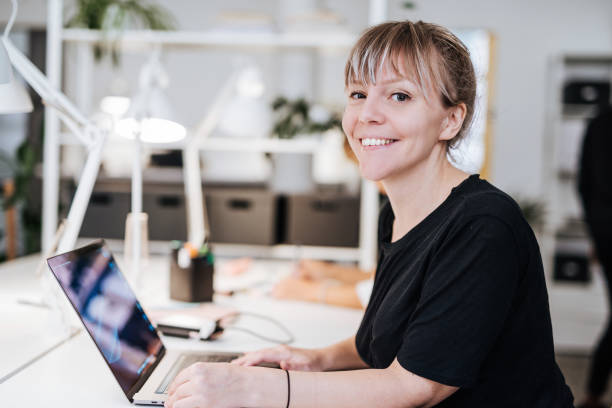The European Commission has spent 10 million euros on the RadioBlocks consortium to develop new technologies for future radio telescopes. The consortium is led by JIVE in Dwingeloo and consists of radio observatories, companies and universities, including Leiden University.
The consortium is called RadioBlocks, because of the basic material it wants to develop for radio telescopes. Four blocks of buildings are the centerpiece. They make telescopes faster and more sensitive, providing broader views and allowing data to be processed more efficiently.
Building block 1: faster
The first cornerstone concerns new correlator technology. This technology ensures that data from radio telescopes is combined as accurately as possible. New correlators for radio telescopes will soon be able to use the latest graphics cards.
Building block 2: more sensitive
The second component the consortium wants to improve is the RF and IF detectors. RF stands for Radio Frequency, IF for Intermediate Frequency. These detectors are located on all satellite dishes throughout Europe and receive signals from space. Better detectors are more sensitive to weaker signals.
Building block 3: wider
The third component concerns the so-called phased array receiver. Roughly speaking, these are multi-faceted eyes on a large radio antenna. These dishes are often decades old, but with new eyes, they can survey a wider area of the sky.
Building block 4: leaner
The fourth and final component involves making data processing as seamless and intelligent as possible. To this end, researchers will experiment with simulations that precisely mimic observation conditions.
The project will receive funding for four years from Horizon Europe. This project is a continuation of a previous round of European funding. Apart from European Union countries, Japan, South Korea, South Africa and the UK also participated. Those involved from the Netherlands include the universities of Groningen, Delft, Leiden and Nijmegen, Universities LOFARtelescope and that Event Horizon Telescopeproject. Coordination is in hand ACCENTa consortium based in Dwingeloo in ASTRONS and connecting radio telescopes in various European countries, resulting in one large telescope.
“It is good that Dutch universities, institutes and companies are part of this consortium,” said Huib van Langevelde, who works at JIVE, Leiden University and director of the Event Horizon Telescope project. ‘This project is in line with Dutch ambitions, for example in terms of making the best possible image of a black hole.’
This press release originally appeared on the website Astronomy.nl

“Coffee trailblazer. Analyst. General music geek. Bacon maven. Devoted organizer. Incurable internet ninja. Entrepreneur.”







